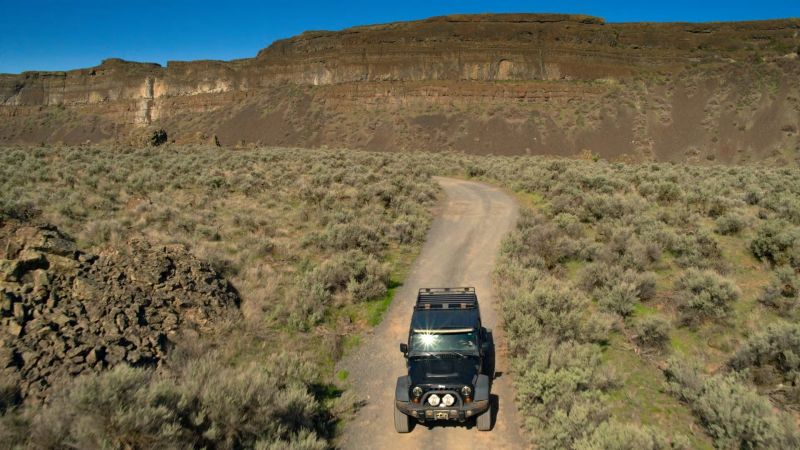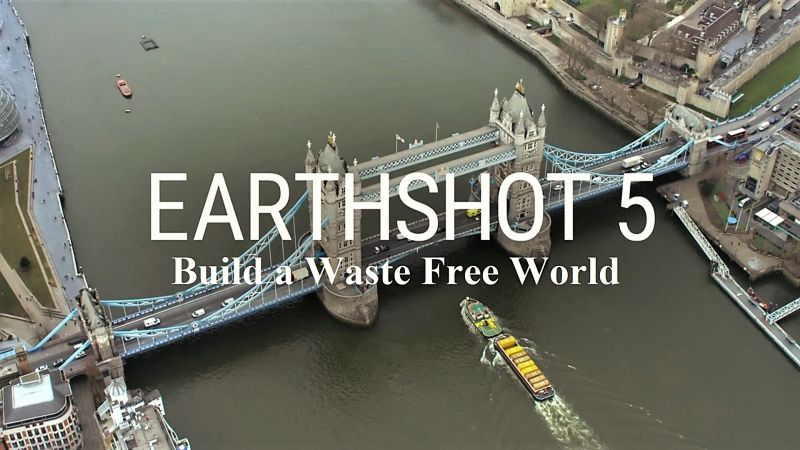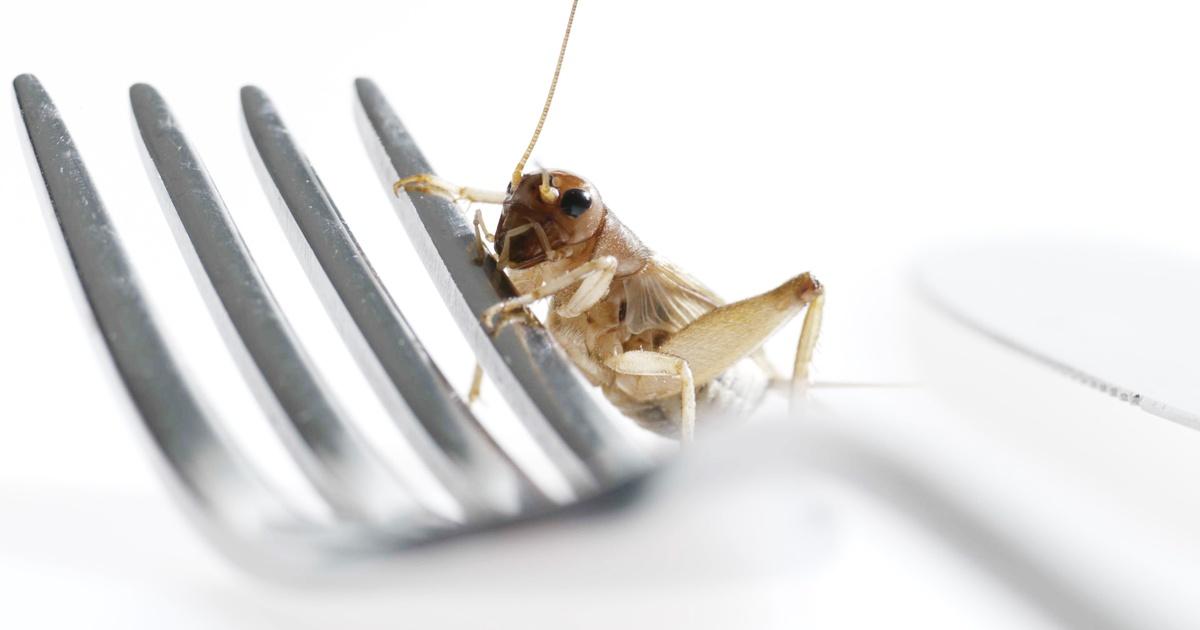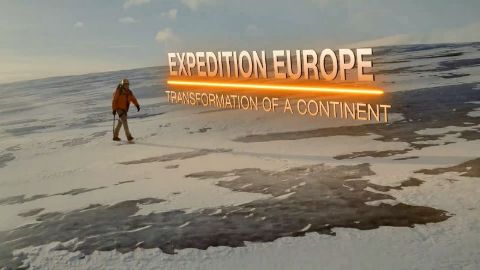David Attenborough: A Life on our Planet • 2020
One man has seen more of the natural world than any other. This unique feature documentary is his witness statement. Having spent decades traveling the globe and producing some of the most memorable documentaries of all time, few people know the natural world quite like David Attenborough. That’s why he’s so concerned about the issue of climate change, which will threaten humanity’s very survival unless urgent action is taken to halt the damage it has already caused. Attenborough’s latest offering, A Life On Our Planet, is a reflective piece, looking back on his 94 years on Earth and sending a desperate appeal for help in securing its future.
Make a donation
Buy a brother a hot coffee? Or a cold beer?
Hope you're finding these documentaries fascinating and eye-opening. It's just me, working hard behind the scenes to bring you this enriching content.
Running and maintaining a website like this takes time and resources. That's why I'm reaching out to you. If you appreciate what I do and would like to support my efforts, would you consider "buying me a coffee"?
Donation addresses
BTC: bc1q8ldskxh4x9qnddhcrgcun8rtvddeldm2a07r2v
ETH: 0x5CCAAA1afc5c5D814129d99277dDb5A979672116
With your donation through , you can show your appreciation and help me keep this project going. Every contribution, no matter how small, makes a significant impact. It goes directly towards covering server costs.





